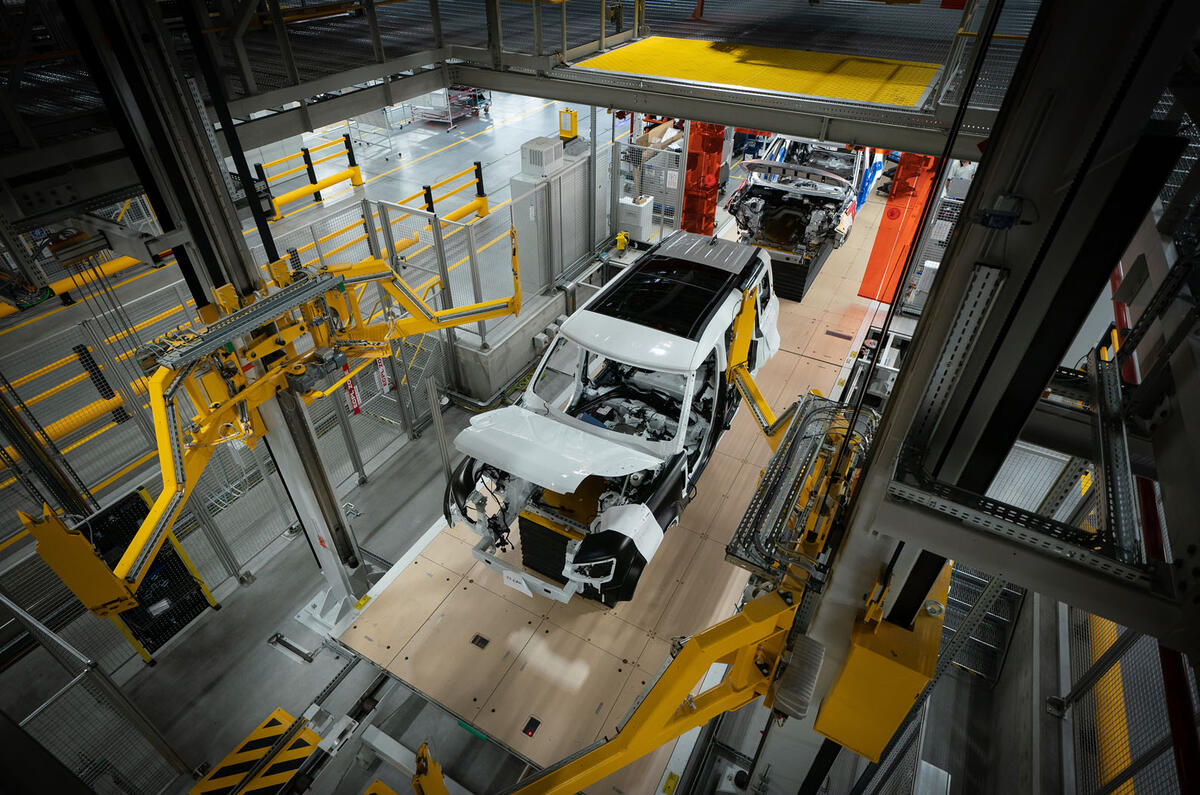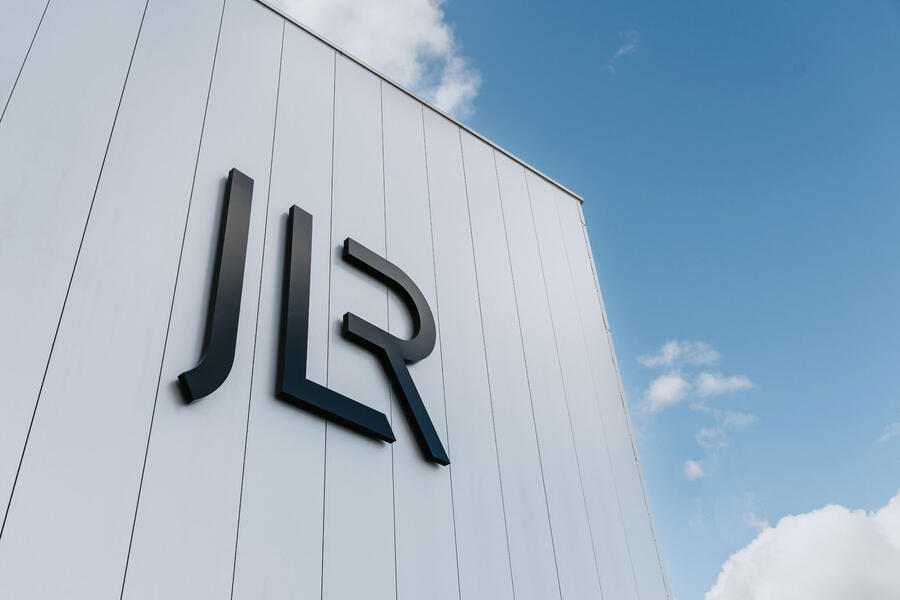The UK government will guarantee a £1.5 billion loan to JLR to help it support suppliers who have been hit by the production shutdown sparked by a cyber attack.
The loan to the Tata-owned car firm will be issued by a commercial bank, but will be underwritten by the UK government.
JLR halted production at all of its factories worldwide when it was targets by hackers on 1 September and has yet to start making cars again. As well as costing JLR an estimated £50 million a week, it has badly hit the firm's suppliers.
It is estimated that around 150,000 people are employed by some 700 British firms that supply JLR, and the UK government has been investigating ways to support them, such as a furlough scheme or loans to suppliers.
It will instead underwrite a single loan to JLR through the Export Development Guarantee (EDG), with JLR repaying the money over a period of five years.
Business Secretary Peter Kyle said that the loan guarantee "will help support the supply chain and protect skilled jobs in the West Midlands, Merseyside and throughout the UK."
Chancellor Rachel Reeves added that the loan would help JLR "support their supply chain and protect a vital part of the British car industry."
According to the BBC, the Unite union, which represents thousands of employees at JLR and in the supply chain, said the loan was "an important first step."
Last week, JLR was able to restore some of its IT systems following the back, and was able to start paying some of its suppliers – although it has said the earliest date that production wil resume will be 1 October.
The hack incapacitated the Land Rover maker, forcing it to shut down its internal computer systems in an effort to protect data from being stolen. This resulted in production shutdowns at all of its global plants, created issues with parts ordering and stifled retailers.
On Thursday 25 September JLR confirmed that “sections of our digital estate are now up and running”, including its payment systems – and the company is “now working to clear the backlog of payments to our suppliers as quickly as we can”.
JLR’s Global Parts Logistics Centre, which supplies the parts distribution centres for retailers globally, was also described as “returning to full operations”, meaning servicing and repairs can once again take place.












Join the debate
Add your comment
This is not JLRs mess- that is like saying that every house that gets burgled is the householders fault. JLR is due to invest around £9B in next 4 years in the UK plus up to £5B in Somerset. They have to deal with 43,000 of their own employees. Its a short term funding from Government to a sector that pays over £25B a year back into the Exchequer. TATA could easily pick everything up and move it overseas. Let's all grow up and support a key industry for over 250,000 well paid jobs that pays a lot of taxes to support a growing proportion of layabouts and old people.
JaG: Sorry chaps, looks like we won't be able to pay you this month. We've had a little bit of a hiccup in the computing and the e-letters and whatnot, it's the darndest thing! We do apologise!
JaaaaaaaaaaGGGGGGGGGGGG!
We all buy our cars believing we're driving the best most reliable vehicle on the road at a pr we can afford, really?, the thing is all cars have faults some more than others and not just at the cheaper end of the car market, technology has it uses but when someone or somebody decides to play silly buggers with the computers the whole car production logistics can't operate,and isn't there an old fashioned fall back system so when this happens it can be set in motion until the crisis is over.